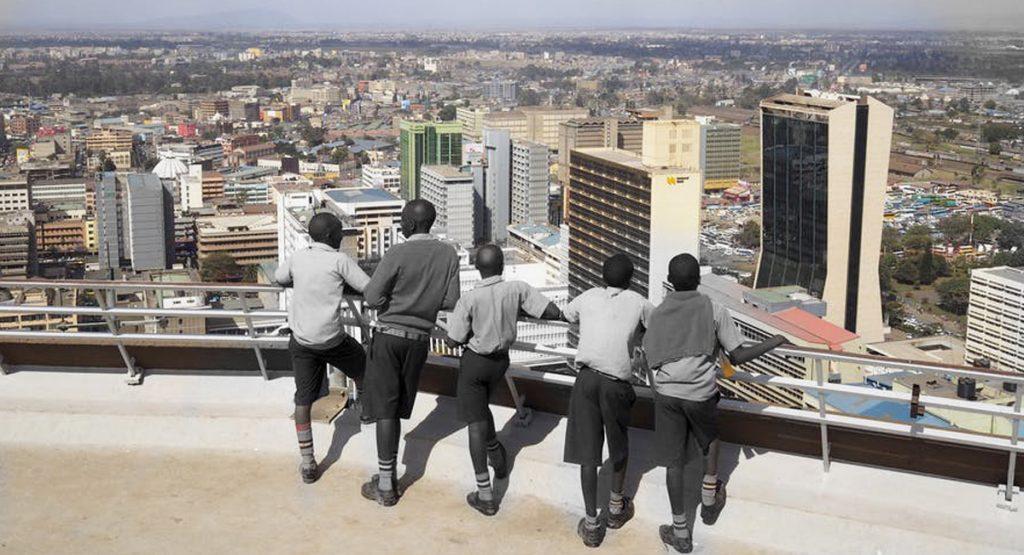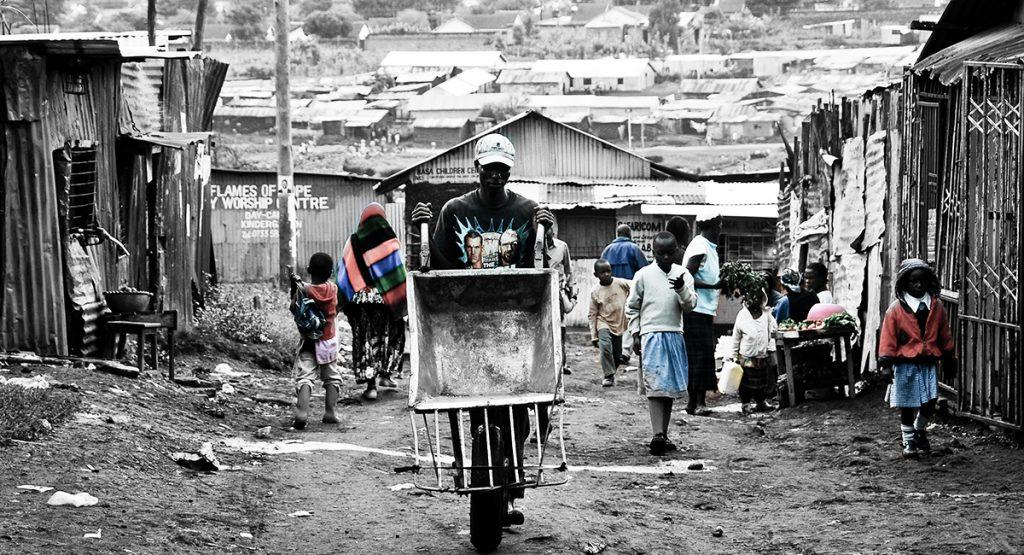By Nerima Wako
On this World Democracy Day, we have witnessed globally, as diverse capitals gather, People’s voices chant for justice. The dust settles. Tear gas lingers in the air. This is no spectacle; this is the rhythm of a new democracy, one built from frustration, courage, and collective refusal to be silenced.
For decades, many nations have officially embraced liberal democracy: periodic elections, constitutional courts, multiparty systems. Yet in practice, democracy often meant entrenched elites, weak public services, corruption, and a yawning gap between what the law promised and what citizens lived. Today, we are witnessing a shift. Democracy is no longer about just voting; it’s about dignity, inclusion, transparency , about what happens between elections and who benefits from the system.
Before speaking to what is happening in Nepal, let’s look across the continent… uprisings in countries like Sudan, Nigeria, Tunisia, Kenya and Burkina Faso tell a story of widespread anger. Young people, unemployed or underemployed, digitally connected, aware of global possibilities are refusing to accept hollow promises. When governments fail to deliver health, education, opportunity, when corruption steals from the public purse, when nepotism or cronyism dominate, people take to the streets. They demand more than elections; they demand that democracy be meaningful, not symbolic.
These uprisings teach us that democracy is evolving. First, participation is no longer passive. Social media mobilizes, hashtags amplify, swamp of information breaks state-controlled narratives. Autonomous protest groups and networks form overnight, not waiting for political parties or old institutions. Second, citizens now insist that democracy guarantee more than political rights, economic, social, and cultural rights are essential. Democracy must work in the everyday: clean water, electricity, jobs. Third, identity plays a crucial role. Ethnic, gender, regional disparities still stoke fresh demands: who gets resources, whose voices are heard.
Consider Sudan. After decades under Omar al‑Bashir’s rule, protests erupted in 2018 not just over price hikes, but over the very architecture of autocracy. Young people, women, professionals joined forces demanding not simply regime change, but transition toward a democratic order grounded in justice. Or Nigeria: the #EndSARS movement wasn’t about elections; it was about police brutality, accountability, the right to safety. It reverberated globally, but its roots were local, in neighborhoods bruised by impunity. In Burkina Faso, repeated coups show how fragile institutions can be, especially when economic misery and political exclusion drive people to accept force rather than flawed governance. The same way in Kenya, it was not about elections.. it was livelihoods, good governance, the rejection of opulence, mismanagement of public resources, corruption.
Yet, the path ahead is fraught. Repression often strikes back with force. Coup cycles show that without strong institutions, the vacuum left by collapsing regimes invites military intervention. Protest leadership can be co‑opted by political opportunists. Populist appeals may offer emotional catharsis but fail when not backed by stable rule of law or checks and balances. The danger is always letting fervor evaporate into nostalgia, or allowing new elites to replicate old patterns.
So what must citizens, governments, and the international community do? First, political leaders must stop treating democracy as performance. Laws must be enforced; corruption must be prosecuted; rights respected even when it’s inconvenient. Second, civil society must be supported, grassroots coalitions, independent media, for they are the soil in which resilient democracy grows. Third, international bodies should demand more than formal elections: monitor civil liberties, ensure economic justice, tie aid or cooperation to accountable governance, not just to elites.
We don’t have to look far to see what’s possible. Nepal, despite its own turbulent political past, has recently shown signs of democratic renewal. After years of instability and civil conflict, the country’s embrace of a federal democratic republic has opened space for youth activism, grassroots political engagement, and a stronger push against corruption. The rise of independent candidates and reformist parties, particularly in urban areas, signals a growing public appetite for transparency and accountability. While Nepal’s journey is far from perfect, it offers a glimpse of how sustained civic pressure can reshape political culture from the ground up. From Africa, we are watching. Not to copy, but to learn: that democracy isn’t a static model it’s a living system, constantly revised by the people who demand more from it
World Democracy Day should be more than a date on the calendar. It should be a moment of reckoning. A call to listen, to reimagine, to invest. Because democracy in the world has outgrown the old definitions. It is no longer enough to vote. Democracy must respond, and it must deliver.



